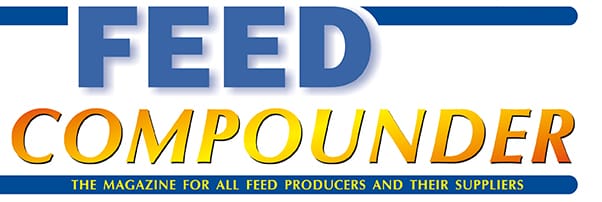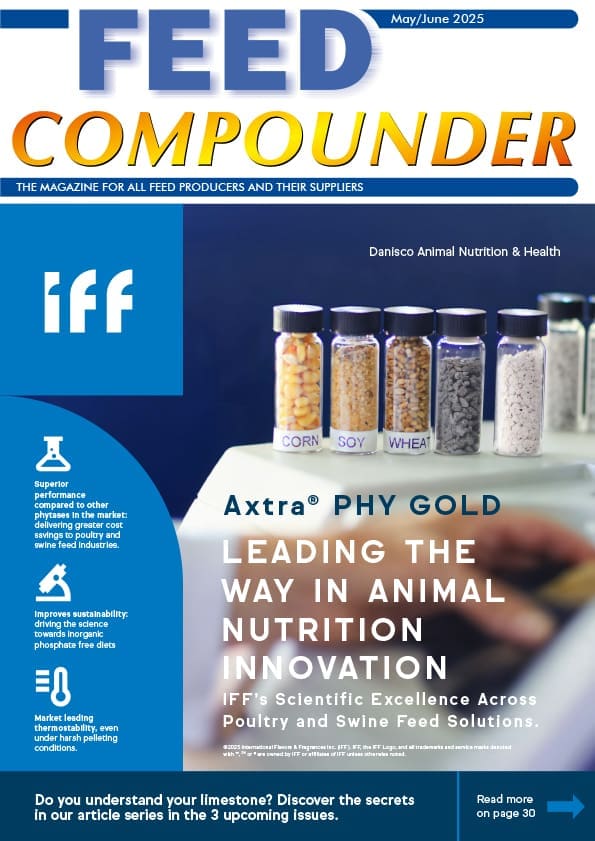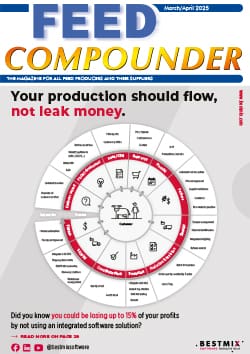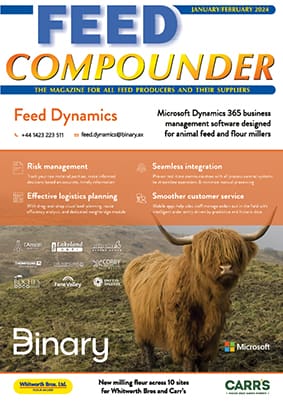dsm-firmenich and Allix partner to unlock the value of sustainable feed production with SustellTM
dsm-firmenich Animal Nutrition & Health has announced a strategic partnership with Allix, a global leader in feed formulation software, developed by A-Systems, to measure and manage the environmental footprint of animal feed. The two organisations have agreed to combine dsm-firmenich’s Sustell™, its industry-leading lifecycle assessment (LCA) platform with Allix’s feed formulation software to reduce the environmental footprint of feed.
Powered by SustellTM, Allix is developing a dedicated sustainability module that will enable users to gather insights on the environmental impact of their feeds. Users will be able to automatically ingest their data into Sustell™ while formulating in the Allix environment. The module will be available as an add-on to the Allix subscription.
David Nickell, dsm-firmenich’s Vice President of Sustainability & Business Solutions for Animal Nutrition & Health says “Feed is a vital component in the food value chain and by combining the innovative SustellTM platform with Allix’s established feed formulation software, we are unifying our joint commitment to developing the entire farm-to-fork data ecosystem. SustellTM‘s LCA footprinting platform is essential throughout the value chain to address sustainability challenges and unlocking significant value.”
Bruno Duranthon at A-Systems says “We are proud to partner Allix’s feed formulation software with SustellTM to revolutionise the way our users measure and manage their environmental footprint in feed production. Our partnership will contribute to a more sustainable future in feed and food, whilst providing benefits for our customers who are determined to meet sustainable practices.”
The integration, which is expected to be finalised later this year, marks an important step forward for full value chain transparency. It helps the entire food industry, including feed producers, farmers, processors, food companies and retailers to accurately report their emissions and advance their sustainable practices.
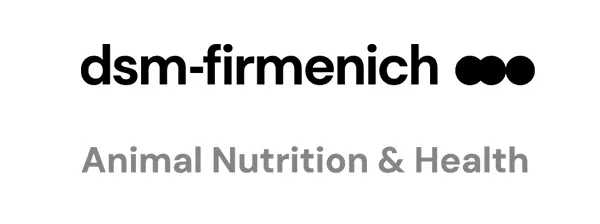
dsm-firmenich and Bureau Veritas partner on Carbon Value Program for sustainable animal protein
dsm-firmenich Animal Nutrition & Health has announced a strategic collaboration with Bureau Veritas Solutions Denmark A/S, a global leader in testing, inspection and certification services, to promote a credible sustainability measurement in animal protein production.
The two organisations have signed a Memorandum of Understanding (MOU) to leverage and verify dsm-firmenich’s Sustell™, its industry-leading life cycle assessment (LCA) platform, to support the measurement of calculations and emission reductions for sustainable business practices in the feed and animal protein value chain.
The agreement highlights a shared commitment to establish more sustainable business practices and limit the environmental impact of the animal protein industry. By leveraging Sustell™, the animal protein industry can monetize carbon footprint reduction with innovative nutritional solutions that enhance farm animal health and productivity.
Dr Heinz Flatnitzer, Head of Emissions Value Management at dsm-firmenich Animal Nutrition & Health, says “At dsm-firmenich, we believe that unlocking the value of feed and food’s environmental footprint is the most effective way to achieve long-lasting sustainability gains while ensuring farmers have sufficient incomes. This new strategic partnership with Bureau Veritas will not only demonstrate a commitment to sustainable practices but also verify Life Cycle Assessment (LCA) calculations and emissions reductions. By making sustainability a business driver rather than a cost component, we help to unleash sustainable transformation from farm to fork.”
Tomas Riegels-Jørgensenat Bureau Veritas says “As a global leader in testing, inspecting and certification services, we value precision and innovative solutions. We are delighted to collaborate with dsm-firmenich’s Sustell™ to promote a credible carbon footprint reduction, this partnership supports the journey towards more sustainable business practices in the animal protein industry.”
Farm-to-fork cooperation based on credible data offers value chains the best opportunity to improve traceability, meet reporting requirements, generate value and make sustainability a reality for industry players, people and the planet.
